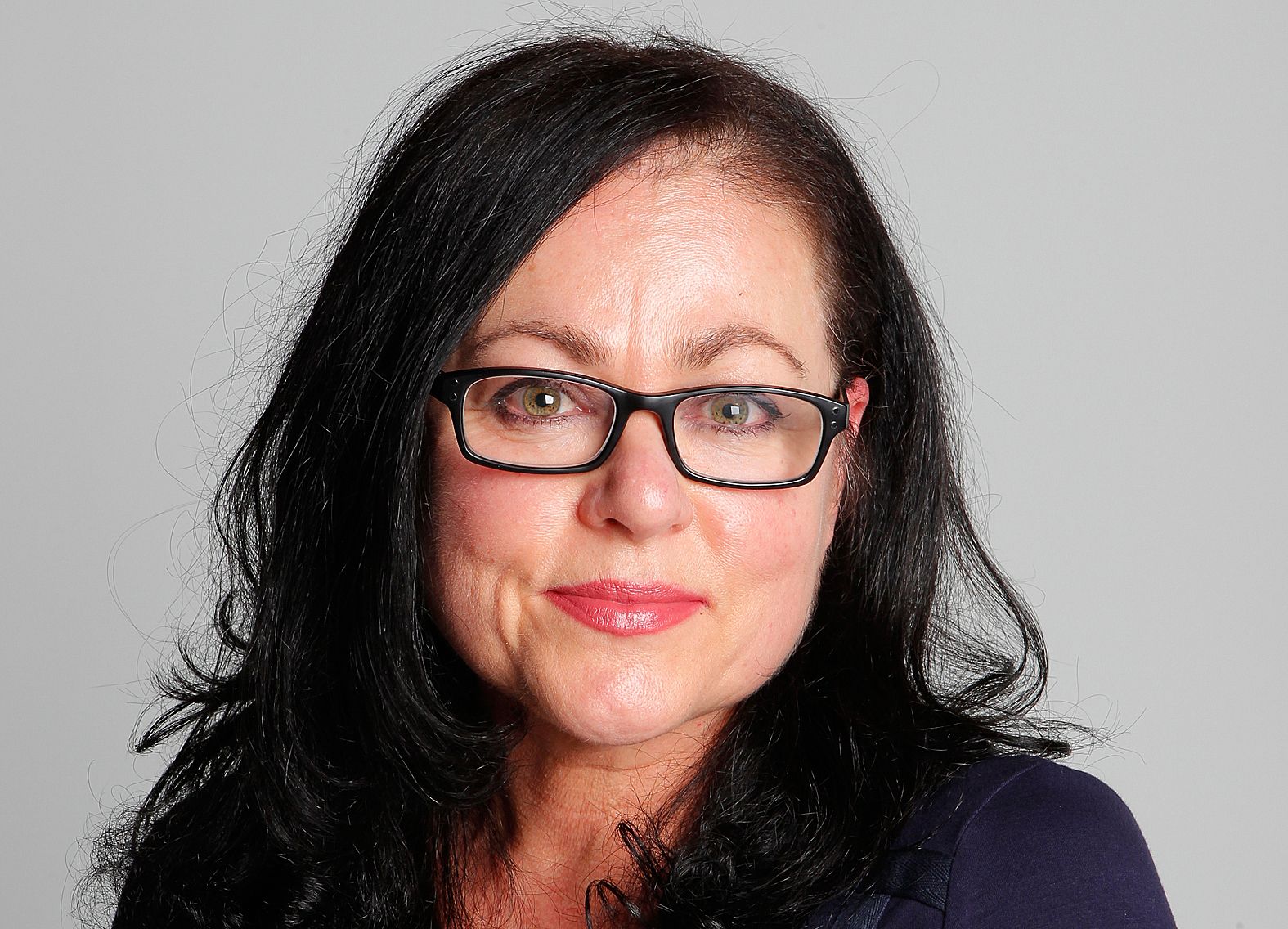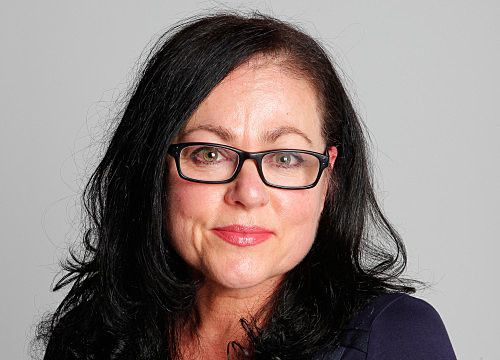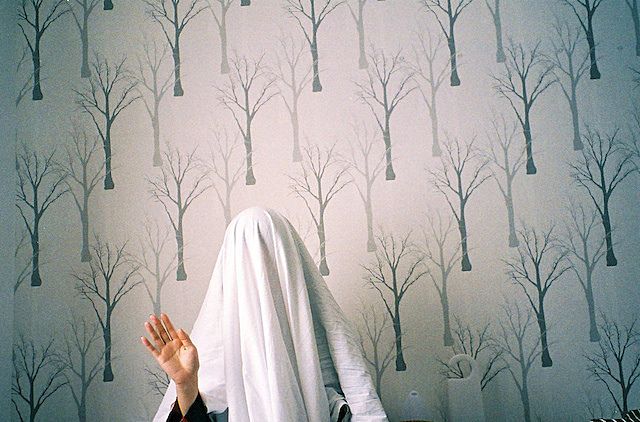Asking the Right Questions: Tracy Watkins
As we head towards New Zealand's 51st general election, we talk to four political editors who are tasked with setting the agenda. Today: Fairfax's Tracy Watkins
As we head towards New Zealand's 51st general election, Gavin Bertram talks to our political editors, the people who have been tasked with setting the agenda.
With a 30-year career in newspapers, Tracy Watkins was appointed the Dominion Post's political editor in 2004, winning a Qantas Media Award the following year for her political columns. She became the editor of Fairfax Media's political bureau in 2009, overseeing reporters from the DomPost, The Press and the Sunday Star Times.
What’s your life like at the moment?
It’s a nightmare of logistics. I’d like to say it’s about trying to write, but at the moment that’s squeezed in amongst everything else. But I guess that’s because I’m trying to organise about a thousand things, and trying to organise six people in the office. It’s just a question of making sure everyone is in the right place at the right time. These days because you’re not just writing for a newspaper, you’re writing for Stuff and there are other things to think about like video and audio, and getting people to different places. There are all these rolling deadlines you have to constantly juggle and think about. That is my logistical headache.
Was politics always the aim when you became a journalist?
It was, actually, apart from when I first wanted to be a journalist when I was about 13, and I thought I would be a war correspondent, but that didn’t work out. Once I did start in journalism and did the journalism course it was always with the aim of doing politics, although I took a longer route than most other people. My first job was in Tokoroa at the South Waikato News, and then I worked on other community newspapers, and did a few years overseas in-between, and ended up on a few dailies like the Napier Daily Telegraph and the Waikato Times, and then the Evening Post where I was police reporter. And via that to the New Zealand Press Association and then to the Dominion and Dominion Post, doing politics.
Do the skills you learnt at community papers still come in handy?
They’re all the same, it’s about talking to people, going along to things and finding out, and thinking what is interesting about that for people. I worked in the Taupo Times for a couple of years and did the local body stuff, and it’s just the same principle really. What interests people and what is the council talking about that is going to affect them? It’s the same with politics.
Can anything prepare you for your first experiences in the press gallery?
No, that’s quite different and quite overwhelming. Even just that first week, and you go down to the house and you’re trying to make sense of it all and there’s a huge amount of stuff going on and people talking about a huge number of different things. You’re sitting there thinking ‘is any of this news? Should I be writing a story about this? Is anyone else getting excited, and why aren’t they scribbling furiously?’ It does take a while to get into the rhythm of the place and the momentum and start to pick out the nuances. It’s a much more nuanced place than any other sort of reporting you would do and a huge part of it is figuring out the differences between those nuances.
How strict are the rules around parliamentary reporting?
If it’s just a reporter with a pen and paper, that’s fine, you’ve pretty much got access to everywhere. It’s when you’re going anywhere with a camera there are very strict rules around that. Some of them are fair enough; you can’t go into the café for instance. People are having lunch and aren’t expecting to be approached by a reporter or a camera person. Some of that is about respecting the fact that this is a workplace for everyone and it’s not just one big public shooting gallery.
Is access to politicians in New Zealand good compared to other countries?
Yeah, you could say that. I’ve been over to the States a few times and I’ve been to Congress and we were sort of wandering around and we wandered up to John McCain’s office. Outside his office, and this was back in the days when he was possibly the next Republican nominee, for that reason there were about three or four photographers who just sat outside his door all day, just papping people going in and out because of the possibility he might be the Republican candidate. That’s much better access than you would have here. So I’m not entirely sure. We certainly do have better access to the Prime Minister than you would get in Britain, in the US, and even in Australia. We have a tradition of Prime Ministers being very accessible, although that only goes back to about Helen Clark. Before that it wasn’t quite so free and easy. But it’s all very scripted now too. There’s one media stand-up a day.
We have a tradition of Prime Ministers being very accessible, although that only goes back to about Helen Clark. Before that it wasn’t quite so free and easy. But it’s all very scripted now too. There’s one media stand-up a day.
Is it difficult to get anything useful from those?
Well, we always do. You’ve got a purpose for being there and questions you want answered and information that you want. You definitely have to be there these days. It’s part of the mix, it’s not the whole mix, it’s just part of it. It’s where you can get some answers to questions. And the weekly press conference, when you think about it it’s quite extraordinary; you can have an hour of grilling about every subject under the sun and they’ve got to be on top of every one of those subjects and be able to answer questions. It shows how switched on someone has to be to get to that position.
What are the traits of a good political journalist?
I mentioned I’d been a police reporter before I came into political journalism, and there are quite a few of those here. There’s a little bit of ambulance chasing involved, and if you’re a police reporter you have to do those sort of door knocks and be ready to go and do stories that are difficult. Banging on the door of someone who’s had a recent family tragedy or something. You have to be more aggressive, and that probably helps in politics as well. It’s that combined with being someone who also reports on the issues behind law and order as well. It’s combining those two.
Can you explain the scope of your role as a political editor? It must have changed since Fairfax’s bureau opened.
It’s changed hugely. The bureau was set up in 2009, and that brought together the Dominion, the Christchurch Press, and the Sunday Star Times into one bureau. And of course we have a huge digital role in terms of Stuff as well. In my position there’s a lot more administration and logistics, and just trying to make sure that all those pieces fit together. For instance If I’ve got a poll and have to sort of organise how we’re going to roll out that poll I have to think about how it’ll roll out across the daily papers, across Stuff, and across the Sunday Star Times. And just liaising with more people. We’re quite standalone and don’t operate in the sense that we have one editor or one chief reporter who we report to. It’s a standalone unit supplying news to all our different newspapers.
We’re quite standalone and don’t operate in the sense that we have one editor or one chief reporter who we report to. It’s a standalone unit supplying news to all our different newspapers
It’s also up to you to decide what the important political stories of the day are?
It is. I guess that’s one difference; previously you would have one chief reporter’s desk and they would be much more aggressive about what they wanted covered. Because there are so many different newsrooms now that we work for, and so many different publications, then we have to drive it much more ourselves from the bureau. It is a big change and it does require a lot more planning.
Politics is a pretty brutal domain – is that mirrored in political journalism?
It is very competitive, as you would expect. There are a lot of people here in the press gallery – 40 journalists or so – all chasing after stories so it is a very competitive environment. But is it brutal? I’m not sure about that.
Is it a difficult line to tread to maintain relationships within politics?
Probably not with politicians so much as other people. Politicians are very aware of the world that they operating in and the world that we’re operating in and there’s a good understanding between both about how it works. I don’t think it’s all that difficult to juggle. If you look at someone like Shane Jones for instance, he always had good relationships with a lot of journalists, but at the same time when the issues came out around his credit card spending and blue movies, that didn’t stop anyone chasing those stories. It’s a balancing act; you’re not ever going to be best mates, but it’s a professional relationship between a contact and a journalist.
How do stories come to you? Is it more skewed towards sources, or legwork?
I find it hard to differentiate between the two. One follows the other really.
Is it easy to burn sources in the political realm?
There are always going to be people who might take huge exception. Especially if you write a column regularly there will be some who don’t like the way you express yourself or what you said about them and do hold a grudge. There’s nothing you can do about that.
So having a thick skin is a prerequisite?
You have to be, because there are a lot of people watching what you do. At the end of the day we just have to have the attitude that we’re out there scrutinising people, and they’re going to turn it around on us occasionally. That’s the job really.
If I go to a barbecue the question most people ask is ‘so what is Winston Peters really like?’ or ‘what’s John Key like?’ It’s all about the personalities, so that does make it a drama.
What do you most enjoy about the job?
No day’s the same. I think we’re really lucky. It’s a fantastic job, one of the best jobs in the world really. It’s not predictable, and you can be doing anything on any particular day, and you get some amazing experiences. I think we’re very lucky compared to most people.
Has there been more theatre involved in New Zealand politics recently?
There always is actually. It’s now different now to what it has ever been. To a certain extent I always feel like it’s a long-running soap opera. Some of the characters change now and then but there’s always drama and it’s always about the personalities. Those are the things people are interested in. If I go to a barbecue the question most people ask is ‘so what is Winston Peters really like?’ or ‘what’s John Key like?’ It’s all about the personalities, so that does make it a drama.
Do you look forward to election time particularly?
I’m not sure; there’s just so much to do and you never feel like you’re getting it all done. So it’s mostly frustrating as well. It’s fun and it’s always incredibly interesting. But you can sit there and there are a thousand things that you haven’t done, things to cover that you wish you could have covered better. Sometimes it’s a bit of a race really.
Asking the Right Questions continues through the week.
You can follow Tracy at Stuff
Previously featured in this series:
Patrick Gower
Corin Dann


